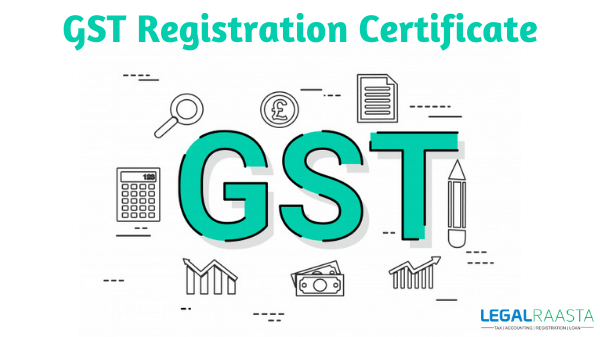Stay Clear Of Usual Blunders in Singapore GST Registration for Your Organization
Stay Clear Of Usual Blunders in Singapore GST Registration for Your Organization
Blog Article
The Ultimate Overview to Simplifying the GST Enrollment Refine and Requirements for Small Business Owners

Recognizing GST Basics
To understand the fundamentals of the Item and Solutions Tax (GST) system, small organization proprietors have to initially comprehend its underlying principles and effects. Under the GST regime, businesses are called for to register and accumulate tax obligation on behalf of the federal government, making certain transparency and conformity.
One of the key principles of GST is input tax credit, which enables services to assert credit report for tax obligations paid on their purchases. This system prevents the cascading result of taxes and advertises performance in the tax system. In addition, GST is a destination-based tax, indicating that the tax is levied at the point of consumption instead of the factor of origin. This makes sure fair distribution of tax profits among states based on where the products or services are taken in. Comprehending these basic principles is crucial for local business proprietors to navigate the intricacies of the GST system and ensure conformity with the legislation.
Qualification Standards for Enrollment
Having established a foundational understanding of GST concepts, local business owners should currently fulfill specific qualification criteria to continue with the registration procedure. In India, entities participated in the supply of goods or services with a yearly aggregate turn over exceeding Rs. 40 lakhs (Rs. 10 lakhs for unique category states) are required to sign up for GST. In addition, particular businesses such as those associated with inter-state supply of items, informal taxed individuals, and those called for to pay tax obligation under the reverse fee mechanism must sign up for GST regardless of their turn over. Furthermore, organizations that were signed up under the previous tax regime (BARREL, solution tax, and so on) are likewise mandated to register under GST. However, farming services that only provide produce out of key production are exempt from GST registration. It is important for local business owner to meticulously assess their qualification based upon these standards to guarantee compliance with the regulation and prevent any fines for non-compliance.
Records Required for GST Registration

Simplified Enrollment Refine Steps
Complying with the collection and verification of the requisite documents, the registration process for GST can be browsed through a series of streamlined steps developed to promote effective conformity for tiny company proprietors. Upon successful confirmation, an Application Reference Number (ARN) is released, showing the completion of the GST enrollment procedure. By following these simplified actions, little company owners can effectively register for GST and ensure conformity with tax guidelines.
Tips for Ensuring Compliance
To maintain governing adherence and operational stability, persistent oversight and proactive measures why not try these out are essential in ensuring conformity with GST demands for small service owners. Little company proprietors must stay updated with GST guidelines, submitting target dates, and any type of modifications in tax obligation prices to prevent fines and keep an excellent standing with tax authorities. One crucial pointer for compliance is to keep precise and comprehensive documents of all deals, including expenditures, invoices, and receipts associated to GST. Regularly reconciling monetary records with GST returns can help in identifying and rectifying any type of discrepancies promptly. In addition, performing regular interior audits or seeking expert help can guarantee that business is adhering to all GST rules properly. It is likewise important for local business proprietors to purchase GST-compliant audit software that can enhance the tax filing process and decrease errors. Finally, attending GST understanding workshops or training programs can enhance understanding and conformity with GST policies, ultimately benefiting the company over time.
Final Thought
Finally, small company proprietors have to comprehend the basics of GST, satisfy the qualification standards, collect needed papers, and follow the simplified registration procedure actions to make certain conformity. By simplifying the GST enrollment procedure and demands, little business owners can stay clear of charges and operate their businesses efficiently within the lawful structure - Singapore GST Registration. It is vital for tiny company owners to remain educated and compliant with GST laws to keep an effective organization operation
Tiny business owners seeking GST registration should ensure they gather and submit the required files to finish the registration process effectively. The files needed for GST enrollment usually consist of proof of service enrollment or incorporation, PAN (Long-term Account Number) card of the service address, identity and entity evidence of the Clicking Here promoters/partners/directors, pictures, address proof of the place of business, bank account statements or terminated cheques, and permission forms. Attending GST awareness workshops or training programs can improve understanding and compliance with GST laws, eventually profiting the service in the lengthy run.
By simplifying the GST enrollment procedure and demands, small service proprietors can avoid charges and run their services efficiently within the legal structure. It is essential for small organization proprietors to stay enlightened and certified with GST laws to keep an effective business procedure.
Report this page